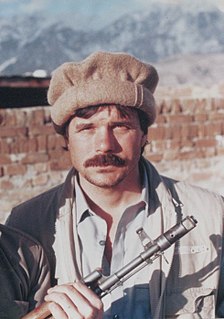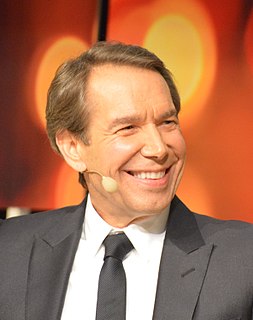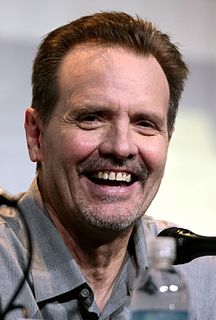A Quote by Brad Willis
I don't think I can put my finger exactly on when remission occurred, because from that moment on, I left Western medicine and never looked back. I practiced every day for ten to twelve hours a day - spiritual studies, meditation, pranayama, yoga postures, Ayurvedic studies, deep, deep, powerful cleansings and fasting.
Related Quotes
We have amazing stunt performers and in Miguel Sapochnik, a director who's so good at spending hours and hours and hours on every shot beforehand, so that he knows exactly what he wants when he gets to the battlefield on the day. We only shoot ten-hour days, so you have to pack a lot into those ten hours.
Do you know that the words meditation and medicine come from the same root? Meditation is a kind of medicine; its use is only for the time being. Once you have learned the quality, then you need not do any particular meditation, then the meditation has to spread all over your life. Only when you are meditative twenty-four hours a day then can you attain, then you have attained. Even sleeping is meditation.
This is the autumn of wonders, yet every day, every single day, I go back to that burned afternoon in August when T. Ray left. I go back to that one moment when I stood in the driveway with small rocks and clumps of dirt around my feet and looked back at the porch. And there they were. All these mothers. I have more mothers than any eight girls off the street. They are the moons shining over me.
I don't think most people know how to meditate - they fall asleep and they call it meditation. I prefer a kind of sweet, deep, rich prayer in which a person goes in and says, Take me down deep into the reason you gave me life. Take me down deep. It silences the chaos in me. Take me away from my sense. I need to go away now, because I'm in chaos - take me down deep. Hover over me, because I need grace. I say that a lot, many times a day. So that's my practice.
































